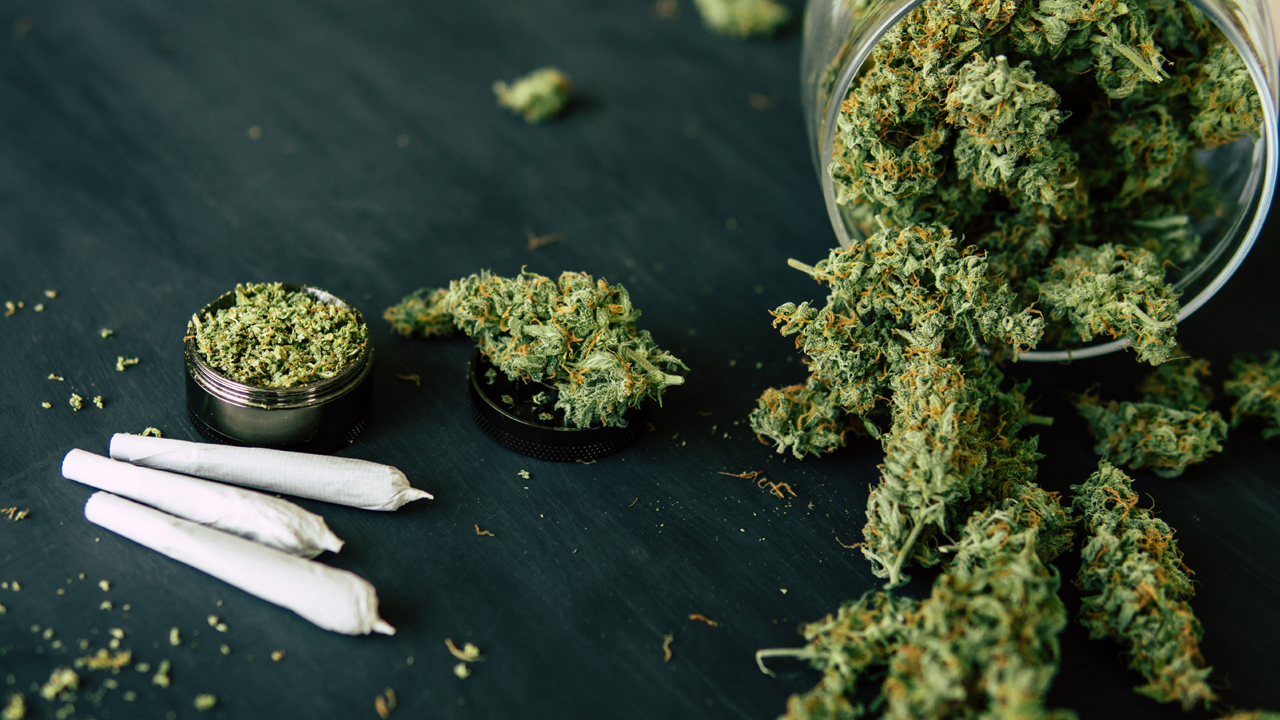 https://cannabisexaminers.com/wp-content/uploads/2020/08/lockdown-life-darknets-btc-still-the-dnm-king-cashaas-stolen-coins-sent-to-hydra-cannabis-sales-surge.jpg
https://cannabisexaminers.com/wp-content/uploads/2020/08/lockdown-life-darknets-btc-still-the-dnm-king-cashaas-stolen-coins-sent-to-hydra-cannabis-sales-surge.jpg

During the last six months, the Covid-19 outbreak has caused a lot of disarray in the world and one thing is for sure, the use of darknet markets has surged. While the citizens of the globe have been locked down, cannabis sales have skyrocketed and the dollar value of bitcoin transactions done privately has remained over $100 million per month.
Darknet market (DNM) use has exploded during the last six months, especially after the coronavirus outbreak started to rise. Data from The Block Research and 1000x Group shows that bitcoin (BTC) is still the top choice for DNM vendor acceptance.
Block Research analyst Steven Zheng explains in a report published on August 8, 2020, that bitcoin (BTC) captures 98% of the 49 DNMs the researcher surveyed. The surveyed DNMs show that monero (XMR) is the second-most leveraged (45%) crypto accepted on DNMs. Litecoin (LTC) and bitcoin cash (BCH) capture 29% and 12% respectively.

1000x Group’s data is a touch different as the company’s tracker monitors 15 different DNMs. Most all of the markets accept BTC, except Whitehouse and Monopoly Market, which only accept monero (XMR).
Darkbay, Empire, and Cannazon all accept BTC, but they also support litecoin (LTC) and monero (XMR) transactions.
Similar to Steven Zheng’s data, 1000x Group’s DNM tracker shows that BTC is accepted by a majority of DNM vendors. On August 11, 2020, monero (XMR) captured 65% of DNM vendor acceptance.

Litecoin (LTC) commands 26.8% of vendor acceptance on DNMs according to 1000x Group’s tracker, which measures the cryptos that are accepted as a payment method on the darknet.
On July 11, 2020, the digital currency exchange Cashaa revealed it was hacked for 336 BTC worth $4.3 million at today’s exchange rates. Statements from the blockchain analysis firm Cyphertrace and it’s chief financial analyst, John Jefferies, shows that a decent portion of these coins are waiting to be “peeled.”
Peeling consists of breaking up large sums of coins into smaller fractions and sending them to DNMs, deep web bitcoin mixers, and unregulated exchanges. 1000x Group’s data shows that the dollar value of bitcoin transactions done privately has remained over $100 million per month. The month of April was a touch less at $950 million that month, as May saw the most private transactions in terms of dollar value at $149 million. July’s dollar value of private bitcoin (BTC) transactions touched $137 million, and August data is still building at $86 million.

Jefferies said that 50 BTC from the Cashaa hack was sent to five crypto trading platforms and the Russian DNM Hydra. Hydra is one of the largest DNMs worldwide and estimates say the market captures 65% of the DNM market share even though it only caters to Russians.
“The remainder of the funds have combined with additional funds unrelated to the initial hack, and moved into the dark market Hydra and five unique cryptocurrency exchanges,” Jefferies explained on July 19.
Darknet market research from the Journal of Addiction Medicine also shows that during the Covid-19 crisis, marijuana sales swelled exponentially during the lockdowns.

The European Monitoring Center for Drugs and Drug Addiction (EMCDDA) said that during the month of March pot sales jumped by over 30%. Teodora Groshkova the researcher at the EMCDDA explained that during that time buyers were attempting to increase stock because of the pending lockdown orders.
“It’s possible that [cannabis] buyers were trying to stock up for the weeks to come, or there’s just a larger group of cannabis users discovering online as a convenient distribution channel when social contact is limited and they have limited means to reach out to their usual dealer,” Groshkova’s report highlights.
Groshkova also noted that small-quantity retail sales spiked and wholesale purchases started to dip during these months.
“When the offline opportunities for [cannabis] resale is limited, these people are not so interested to get hold of this type of larger amount,” Groshkova’s report reveals. “They see that they’re going to have difficulty shifting these products.”
What do you think about the increased use of DNMs and the surge in cannabis sales? Let us know what you think about this subject in the comments section below.
Image Credits: Shutterstock, Pixabay, Wiki Commons, Chainalysis, The Block Research, EMCDDA, 1000x Group,
Disclaimer: This article is for informational purposes only. It is not a direct offer or solicitation of an offer to buy or sell, or a recommendation or endorsement of any products, services, or companies. Bitcoin.com does not provide investment, tax, legal, or accounting advice. Neither the company nor the author is responsible, directly or indirectly, for any damage or loss caused or alleged to be caused by or in connection with the use of or reliance on any content, goods or services mentioned in this article.




